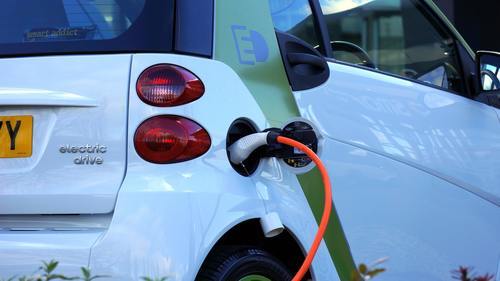In the modern age people are worried about the impact of their daily activities on the environment, and this means that they should be aware of the impact of everything they do. If they elect to get any type of cosmetic surgery, such as round breast implants, then they need to be aware that there is an environmental cost.

Going green
Almost everything we do leaves an imprint on the environment. More and more people are changing the way that they do things to reduce this imprint. They are opting for electric cars instead of petrol or diesel, they are using recycled items instead of continually buying new, and they are reducing their energy consumption.
If someone is considering round breast implants they can discuss the potential carbon footprint of that with the clinic. Many organisations will now put on their website the measures that they are taking to reduce their carbon footprint, therefore showing how they are making cosmetic surgery much less of an environmental problem. They may have plans to improve their recycling or contribute to a tree planting programme to offset their impact, for example.
Breast enlargement surgery is only one type of surgery that may have an impact on the environment. It is estimated that in any hospital or clinic, the operating theatres are responsible for around 20-30% of the institution’s waste. By controlling that and ensuring that it is handled properly, anyone who wants to consider round breast implants will not have to feel guilty about it.
There are personal benefits to having cosmetic surgery. It can help to boost confidence and improve your figure. It is becoming increasingly popular as a way of holding back the signs of aging and helping to regain the looks that people had when they were younger. Anyone who is concerned about the environmental cost can also take some steps themselves to offset the carbon footprint of the surgery. Why not plant a tree or two? Or make a greater effort to use less plastic? You can recycle paper, cardboard and plastic, and look to use services from companies that have the same concerns about the future of the plant as you do.
